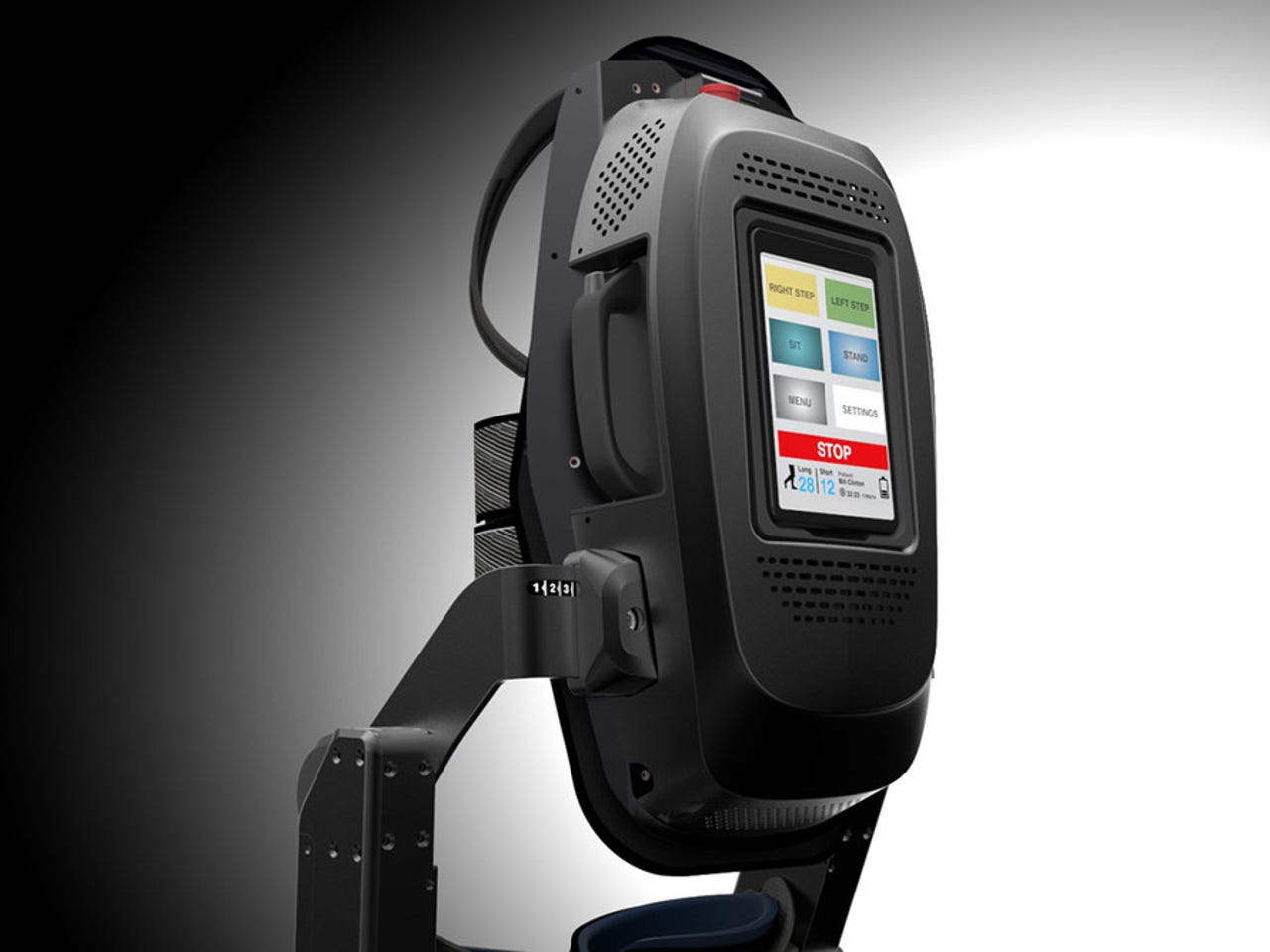Robotic suit now has Amazon Echo integration


Bionik Laboratories, a Toronto- and Boston-based maker of robotic suits, just announced Amazon Echo integration into its lower-body exoskeleton, which it calls ARKE.
Users of the ARKE, who typically have spinal cord injuries or have mobility issues stemming from stroke, initiate actions like walking and standing by making subtle movements with their upper body. Sensors in the feet and joints register changes in the way weight is distributed, and the system makes inferences about the user's intentions, prompting the suit to take a step, for example, or to sit.
With the new integration, users will be able to give verbal commands, as well.
ARKE lower-body exoskeleton from Bionik Labs
"In building ARKE," said Michal Prywata, co-founder and COO of Bionik Laboratories, "we had one goal in mind--to empower the user to take back their mobility and regain the ability to complete tasks that the rest of us deem normal, like walking to the refrigerator or going to get the mail."
He added, "This pairing of our robotic technologies with the power of Amazon's Alexa further pushes the boundaries of what technology can do within the home healthcare industry."
It's a lofty goal. So far, bionic exoskeletons haven't achieved the real-world penetration pioneering companies in the space once hoped.
One problem is cost. Robotic suits require a whole battery of sensors and specialized high-torque actuators, and the finished suits are still largely made-to-order. Entry-level models from a few companies I track start around $60,000.
A bigger problem is that there are major limitations with these kinds of devices. Inclines and uneven surfaces still present challenges for robotic suits, which must emulate the enormously complex human gait without making a single potentially disastrous misstep.
Wheelchairs are cheaper and much more capable by comparison, and so far exoskeletons haven't gained much ground against them as mobility devices. Companies like Bionik and competitor Ekso Bionics have had better luck marketing their devices to hospitals and clinics to use as therapeutic tools to help people regain motion lost after spinal cord injury or stroke.
Meanwhile, the field of competitors is growing. In addition to the companies mentioned, other leading developers include Rewalk, Rex, Cyderdyne, Honda, and Lockheed Martin.
The Echo integration will differentiate Bionik's device in a crowded market, but whether it's enough to convince some of the more than 132 million people worldwide living with mobility challenges to give exoskeleton technology a try remains to be seen.
Bionik is optimistic. The company has plans to release a home-use version of the lower-body ARKE suit. Bionic says it plans to keep costs down and hopes to offer financing.